
Improving Egg Quality and Boosting Fertility for Women in their 40s

Quality of the egg is the most important factor for successful pregnancy. Chromosomal abnormalities in an egg have a profound impact on fertility because at every stage of development from fertilization onwards, an embryo formed from a chromosomally abnormal egg has much less potential to continue developing (although there are cases when self-correction can occur). This may manifest in an inability to get pregnant or an early miscarriage. The proportion of eggs with chromosomal abnormalities can be influenced by nutrients and lifestyle factors!
A growing body of evidence suggests that to produce energy when needed (aka mitochondrion function) is critically important to being able to mature with the correct number of chromosomes.
What are the best herbs to assist with fertility for women?
Fertility boosting herbs for women
Chamaelirium Luteum (False Unicorn root)
False unicorn root is known for its ability to regulate and normalize ovarian function as well as support normal uterine function. It has also been used historically for a wide variety of gynecological complaints, such as, infertility, atony of female reproductive organs, amenorrhoea, irregular periods, period pain and miscarriage. For infertility, it has been considered useful for congestion or stagnation of the uterus or ovaries, in which menstrual blood is dark, sluggish and clotted. As False Unicorn root has become endangered, Shatavari has been used as a substitute.
Shatavari (Asparagus Rasemosus)
Shatavari is considered to be the most important rejuvenative tonic for women in Ayurvedic medicine. It is used to enhance fertility, regulate hormonal imbalances, as well as boost libido. Shatavari has adaptogenic and immunological properties and supports women with stress-induced and immune-mediated infertility and history of infections. Additionally, it improves secretion of cervical mucus is responsible for helping the sperm get through the female reproductive tract and meet the egg. Shatavari contains mucilage that protects the mucous membranes of the cervix and acts as a tonic for it. Finally, post birth Shatavari is given to lactating women to improve the quality and quantity of breast milk.
Vitex (chaste berry)
Vitex has a long history of use for regulating menstrual cycles due to its ability to normalize prolactin levels, enhance corpus luteum development and correct progesterone deficiency. Vitex is beneficial for modulating pituitary’s production of luteinizing hormone (LH), while mildly inhibiting follicle stimulating hormone (FSH). Therefore it should be considered as a first-line botanical remedy for infertility associated with amenorrhea, hyperprolactinemia and luteal insufficiency.
There many other herbs and herbal categories which support fertility. Specific mix will depend on the cause of infertility and individual characteristics of each person.
What are the best prenatal supplements for women?
Prenatal supplements for women
Prenatal vitamins
Omega 3 fatty acids (EPA, DHA) (daily dose 3.5-5ml) are the building blocks of reproductive hormones and are essential for fetal brain and retina development. They also support the immune system, which plays a critical role in healthy pregnancy.
Magnesium is an important nutrient for enhancing fertility, reducing stress levels and preventing miscarriage. It can also help to ease constipation.
B complex and specifically folic acid. Because eggs start maturing three to four months before ovulation, it is advisable to go as high as 800 mcg per day during 3 months before pregnancy and in the first trimester. It is important to have folic acid in your system during those early stages when the baby's brain and spinal cord are developing. Folic acid is also beneficial for restoring ovulation, improving egg quality and preventing miscarriage. Pregnancy pills do not contain sufficient dose so it’s crucial to supplement on top. Always chose a natural form of folic acid, such as methylfolate.
B12 is associated with better embryo quality, because B12 like folic acid, detoxifies unwanted byproducts of normal metabolism, such as homocysteine.
Biologically active form of coenzyme Q10 - Ubiquinol (600mg daily for optimal fertility, if deficient go up to 1000mg) in the cell membrane may help reduce cell and DNA damage caused by free radicals and has been shown to reduce blood pressure and improve egg health, sperm health and, in turn, embryo quality. Additionally, CoQ10 plays a critical role in mitochondrial function, i.e. making energy throughout the body – in muscles, the brain and developing eggs to complete all the processes that are involved with maturing and being fertilized.
More recent research indicates that a combination of CoQ10 and PQQ is more powerful at boosting mitochondrial function, than CoQ10 alone. PQQ has been found to improve cell functions by stimulating growth, reducing oxidative stress as well as – spontaneous generation of new mitochondria within aging cells, a process known as mitochondrial biogenesis. In other words, PQQ is thought to create more mitochondria the energy making components in cells while CoQ10 helps the mitochondria convert energy more efficiently.
Finally, MitoQ is thought to be the most bioavailable form of CoQ10
Zinc (30mg daily) plays a vital role in many key reproductive health areas including: egg production - a woman’s body needs a certain amount of zinc to produce mature eggs that are ripe for fertilization; maintaining proper follicular fluid levels - without enough fluid in the follicles, an egg cannot travel the course through the fallopian tubes and into the uterus for implantation; hormone regulation - zinc is just one of the minerals that the body uses to keep hormone levels (like estrogen, progesterone and testosterone) stable throughout the entire menstrual cycle. Additionally, zinc is important for proper thyroid function (underactive thyroid suppresses ovulation and raises the risk of miscarriage).
Vitamin K2 is imperative for maintaining hormonal balance. It works synergistically with two other fat-soluble vitamins—A and D. Vitamin K helps regulate your menstrual cycle and helps your body effectively absorb nutrients. K2 too is especially effective for PCOS, but should be taken in low doses in case of low ovarian reserve.
Vitamin D3 (4000 IU per day to maintain optimal levels) (D3 is most bioavailable form of D) supports the production of estrogen in both men and women; it has a direct effect on the ovaries—helping the follicles in your ovaries mature and grow. It also appears to play a role in the development of a healthy and fertile uterine lining. Additionally, D3 is needed for insulin production, and is key in regulating cell and bone growth. Finally, vitamin D is important for preventing miscarriage, especially if caused by immune factors.
Note: Vit D improves calcium absorption from food. To avoid raised blood calcium levels (if daily dose is higher than 20,000 IU), it can be combined with Vit K which improves calcium absorption into bones.
Other antioxidants
Antioxidants (vits A, C, E, zinc, glutathione, melatonin, selenium, CoQ10, ALA) are important for the protection eggs and sperm from the damage caused by free radicals. As we age, oxidative damage from byproducts of metabolism causes more and more problems for the reproductive cells. This is in part due to a weakened antioxidant enzyme defense system in aging eggs, where natural production of antioxidant enzymes is reduced, which leaves more oxidizing molecules to cause damage.
Melatonin was found to be a more powerful antioxidant than vitamin C or E. Women with higher melatonin levels had higher anti-mullerian hormone (AMH) and a higher follicle count. There was also a correlation between higher melatonin levels and a greater number of eggs retrieved during IVF and higher quality embryos after IVF. The study also found that melatonin levels decline with age.
Vitamin E is beneficial if endometrial lining is thinner than normal (below 8mm)
Alpha-lipolic acid is another beneficial antioxidant because it helps recycle CoQ10, vit C, E back into their active antioxidant form. ALA also helps increase the levels of another crucial antioxidant glutathioine.
DHEA (25mg 3 times daily) to boost AMH levels
Research suggests that DHEA may improve eggs numbers and quality. DHEA may also reduce the risk of miscarriage by increasing the proportion of chromosomally normal eggs. DHEA supports testosterone production in the ovaries, thus promoting the growth of very early-stage follicles (which are a couple of months away from ovulation).
It is a hormone and is not recommended for women with PCOS or a history of hormone-sensitive cancer. It may be prudent to check the levels before supplementing with it. As the amount of DHEA fluctuates in the bloodstream, it is better to test for DHEA-S, which reflects storage. It is also useful to check for testosterone, because if DHEA-S is sufficient but testosterone is low, it is still advisable to supplement with DHEA.
Wishing you the best of health.
Jenya Di Pierro

Author: Jenya Di Pierro
Founder, Naturopath & Herbal Medicine Practitioner
BSc, MSc, DipCNM, AMH, ANP


Bio-Hacking for Menopause

Are Head Spas The New Non-Negotiable Beauty Ritual?

Menopause & Hair Loss: Real Causes of Thinning Hair in Midlife

Why I Never Drink Tap Water — And What You Should Know About Contaminants

The Standard - Best Reishi supplements for powerful adaptogenic support

Five ways to stay balanced this festive season - Yahoo News
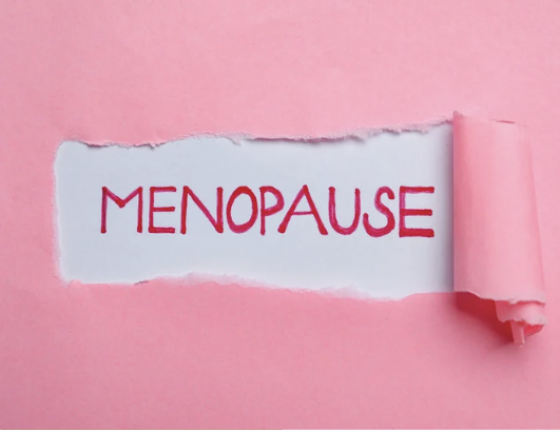
Natural Management of Menopause Part 1: Herbal Remedies

How to Look After Your Skin in Winter

Boosting Immunity Before Your Winter Holidays

The Hair & Scalp Type Guides: Oily, Dry, Dandruff & Hair Loss

Herbs and Tips for Winter Wellness

Diet for Menopause
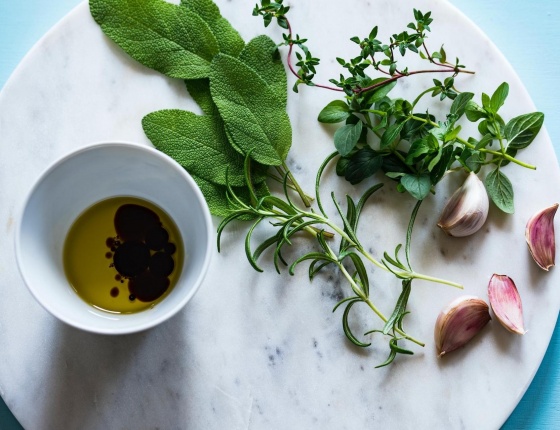
Nature's Cure for Hair Loss: Herbal Remedies That Work

Herbs to Boost Fertility

11 Steps To Detox Your Mind

Nutrition & Lifestyle Habits For An Effective Detox

Top Tips For Staying Healthy During the Party Season

SheerLuxe: Jenya Di Pierro Shares Her Expert Tips To Dealing With Reflux
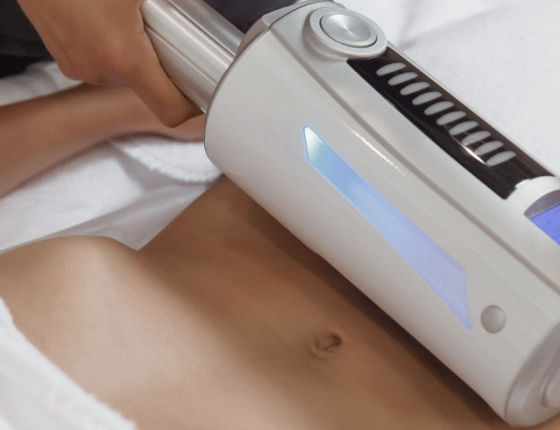
10 Natural Treatments For Cellulite
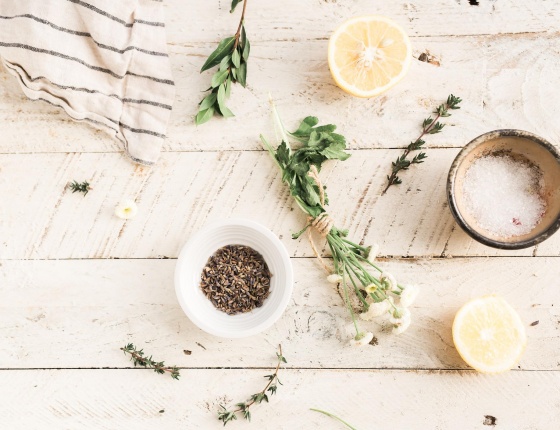
The Best Nutrition Tips For Combatting Cellulite

Country & Townhouse: Jenya advises on healing your gut with a little help from the East. How to do an Ayurvedic cleanse

GoodToKnow: Winter blues - 11 ways to deal with seasonal affective disorder, according to experts
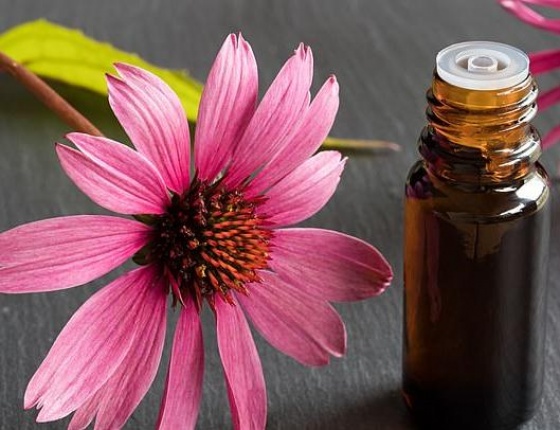
Daily Mail: Could a houseplant help cure YOUR health woes? Experts reveal their surprising healing properties

The Telegraph: Demand for ultra-skilled nannies and kids members' clubs surges post-lockdown

Domus Stay: Jenya Di Pierro on how Cloud Twelve puts wellbeing at the top of the agenda

Wellbeing: Natural remedies and herbs to help recover from vaccine side effects

Wallpaper: Natural remedies for allergy fatigue and other hay fever symptoms

Your Healthy Living: 10 ways to fight the ageing process

OmYoga: The power of plants: 7 healing plants to keep healthy and balanced

Woman & Home: 10 natural cures for insomnia to help end sleepless nights

Harpers Bazaar: Why it's time to reclaim a bespoke approach

Mr Porter: The Best Holistic And Natural Treatments For Men To Try Now

Luxurious Magazine: Herbalist Jenya Di Pierro's top healing plants for a healthy 2022

Metro: Sport recovery is about more than rest days — here are the most effective therapies

Beauty Daily: The top 10 healing plants for a healthy and balanced 2022
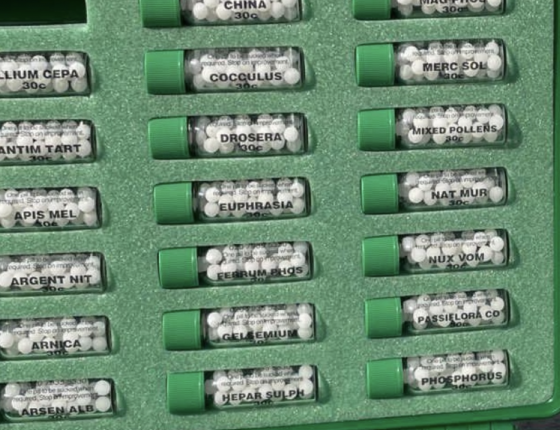
Tips and Hacks for Holiday Health

Your guide to Adaptogens

7 Daily Health Habits

13 Healthy Sleep Hygiene Habits

How to boost daily nutrition by adding a few clever ingredients
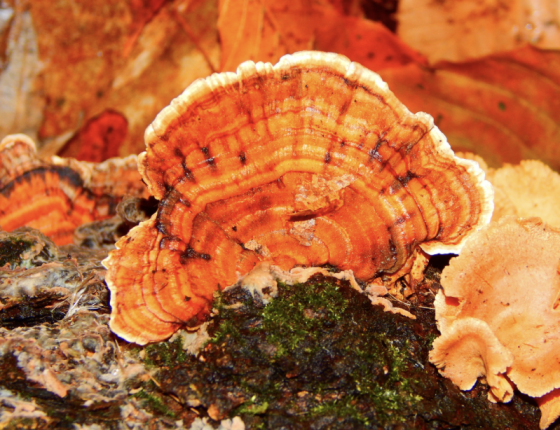
The ultimate guide to Medicinal Mushrooms

Herbs for respiratory system that can grow in your garden

Tips on How to Reduce Stress

10 Self Care Tips
